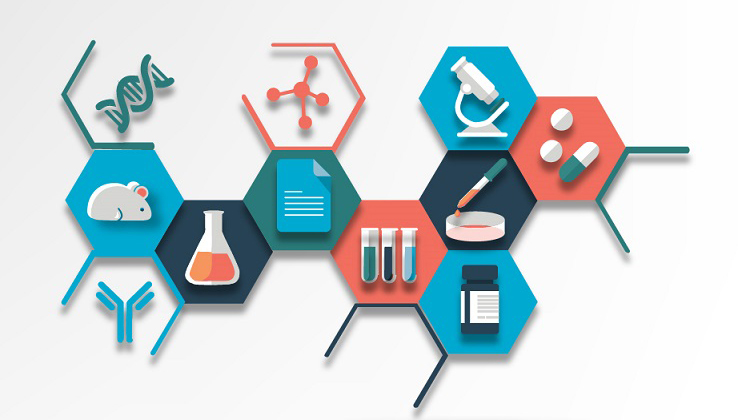Profilo personale: Armando Genazzani
Armando Genazzani
Corsi
- Docente: Armando Genazzani
- Docente: Armando Genazzani
- Docente: Fausto Chiazza
- Docente: Armando Genazzani
- Docente: Maria Talmon
- Docente: Davide Ferraris
- Docente: Armando Genazzani
- Docente: Mariagrazia Grilli
- Docente: Riccardo Miggiano
- Docente: Alberto Minassi
- Docente: Federica Pollastro
- Docente: Franca Rossi

- Docente: Silvio Aprile
- Docente: Armando Genazzani
- Docente: Lorella Giovannelli
- Docente: Alberto Massarotti
- Docente: Tracey Pirali
- Docente: Gian Cesare Tron
